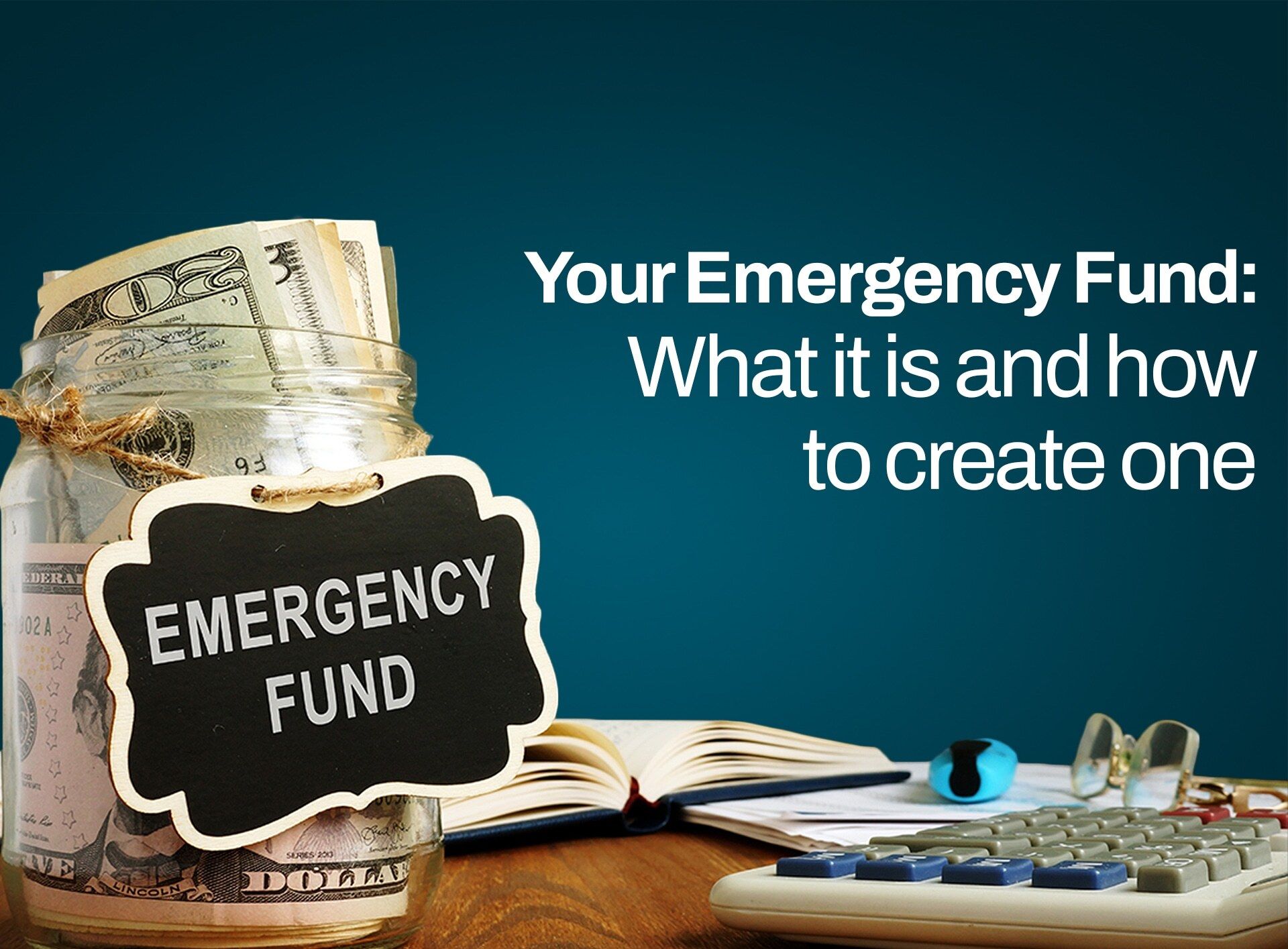You can’t always predict what will happen in life, but you can stay prepared for unexpected circumstances. An emergency fund helps you prepare for emergencies before they happen, whether it's a sudden job loss, an illness, or major home or car repairs.
Having an emergency fund is not only a good financial habit but a necessity for maintaining financial stability.
In this guide, we will explain what an emergency fund is, why you need one and how to build an emergency fund that will keep you afloat in times of distress.
What is an emergency fund?
An emergency fund is money set aside for emergencies. It acts as a safety net for unforeseen circumstances like an accident, sudden illness, sudden job loss, car and home damage, or political or economic crisis.
Having an emergency fund prevents you from going into debt or experiencing financial and emotional distress because of these situations.
According to research by Piggyvest, only 49% of Nigerians have an emergency fund. The remaining 51% may be one sudden illness or crisis away from going into debt or experiencing huge financial distress.
This shows how important having a rainy day fund is. Not only will it help you maintain financial stability, it also saves you from emotional distress and desperation.
Keep reading to find out how much an emergency fund should be and how to build one.
Emergency funds vs. Savings
Although savings and emergency funds share some similarities, the two are slightly different.
Savings refers to a portion of your income you set aside for a particular goal. This could be rent, vacation or even car repairs.
An emergency fund, on the other hand, is money you keep strictly for emergencies. It's safe to say that an emergency fund is a form of savings meant for use in the case of emergencies like a sudden job loss or illness.
It's possible to have an emergency fund and at the same time, save money towards a goal like a house rent or a new car.
How much should an emergency fund be?
The size of your emergency fund depends on your earnings, expenses, responsibilities, lifestyle and location.
However, experts suggest having an emergency fund that can cover 3 to 6 months of expenses.
This means if you spend N200,000 naira each month, you should typically have an emergency fund between N600,000 to N1,200,000, although you can always take it up a notch by having a year’s expenses as your emergency fund.
How to build an emergency fund
Emergency funds are necessary to prevent financial and emotional distress during unforeseen circumstances.
While experts suggest having up to 3-6 months' worth of expenses in your emergency fund, you don’t have to build one in a single day. Here are some steps you can start taking to build an emergency fund:
1. Calculate your expenses
A good rainy day fund should be able to cover your expenses for at least 3-6 months. To build an emergency fund, first find out how much money you spend in total in a month. The easiest way to do this is to send some money into a bank account and cover expenses for the month using only that account. At the end of the month, check how much you have left and deduct it from the figure you had at the beginning of the month. This gives you a sense of how much you spend each month. Alternatively, you can record all your spending during the month and add up the figures at the end of the month. You can repeat this process for a few months to have a clear idea of what your typical monthly expenses are.
2. Decide on an amount
The next step to building an emergency fund is to decide on how much you want to have as your emergency fund. You typically need one that can cover more than 3 months' worth of expenses. If by your calculations, you discover you spend N400,000 a month. Your emergency fund should be anything between N1,200,000 and N2,400,000 or more.
3. Choose where you want to keep the funds
Emergencies happen without warning and you often need to attend to them immediately. Due to this, it is recommended you store emergency funds in cash or other assets that can easily or quickly be converted into cash. This means that market-based assets, such as stocks, bonds and fixed deposits, are not ideal for emergency funds because their value is very volatile, and converting them to cash may take some time, delaying access to your funds when you need it the most. Here are some ideas on where you can store your emergency fund:
Regular savings account: A regular or traditional savings account is a bank account that allows you to earn interest while you save. This way, you can make some money while keeping your funds secure. However, some savings accounts may have some limitations on how frequently you can withdraw money. Before opening a savings account, it’s important to consider interest rates, fees, withdrawal limits, or account requirements to ensure they align with your goals.
High-interest savings account: A high-interest savings account is a type of savings account where you can earn a higher interest on the money you deposit. They typically have tiered interest rates so that your interest increases as the money you save increases, making them perfect for holding emergency funds. Many local banks provide high-interest savings accounts to customers. Compare interest rates, withdrawal limits and any associated fees to pick the one that’s right for you.
Money market account: A money market account (MMA) is a type of savings account that typically offers a higher interest rate than a regular savings account. It is considered a low-risk option for storing cash while earning some returns because your deposits are typically protected up to the coverage limit. While the interest rate may fluctuate, your principal remains secure. MMAs often require a higher minimum balance and may limit the number of withdrawals per month. Some banks may also charge a maintenance fee if your balance falls below the required minimum. Before opening a money market account, consult with your bank to understand the interest rates, withdrawal limits, and potential fees.
4. Make consistent contributions
Now that you have decided on how much to save and where to store your emergency fund, the next step is to make regular contributions to build up the fund. The larger the contributions you make, the faster you build your emergency fund. Depending on your expenses and earnings, you could aim to save 20% of your income every month. If you are having trouble meeting up with regular contributions, you can set up automatic transfers to stay disciplined. Additionally, you can also build an emergency fund by saving any large amount of money you receive, such as birthday gifts, an inheritance, bonuses or returns on investment. This helps you build your emergency funds faster without putting a strain on your finances.
5. Track your progress
Track your progress by regularly checking your account at the end of each month to see how close you are to reaching your goal. Also, when you meet your goal, ensure you only use the money for emergencies and start working towards replacing the funds as soon as you take money out of it.
The Bottomline
Life’s unpredictability makes owning an emergency fund nonnegotiable. An emergency fund not only ensures you have something to fall back on in a time of need but also saves you from emotional distress and debt.
While saving 3 to 6 months' worth of expenses may seem like a daunting task, the most important thing is to take the first step, as small, consistent contributions often add up over time.
Disclaimer: This article was written to provide guidance and understanding. It is not an exhaustive article and should not be taken as financial advice. Obiex will not be held liable for your investment decisions.




